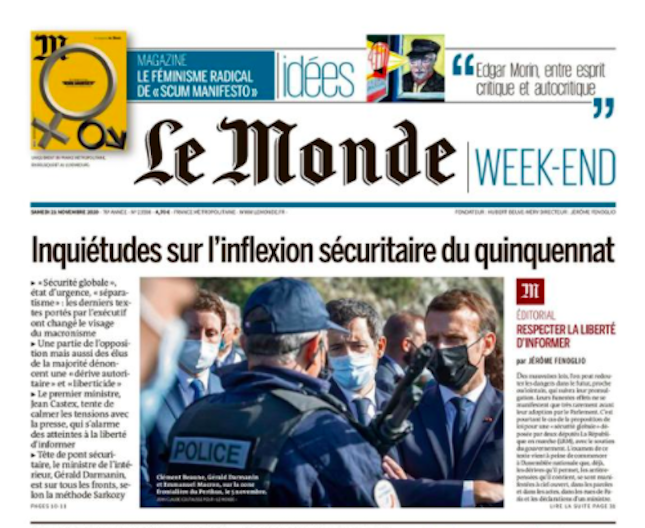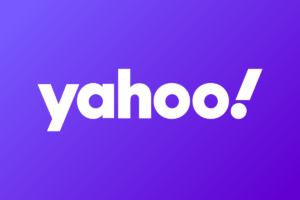
Google is starting to pay French publishers for their content.
The search giant said Thursday it has signed agreements with a handful of major publishers in France, Le Monde, Le Figaro, Liberation, L’Express, Courrier International and L’Obs, that cover inclusion of content on search in in News results.
More from WWD
In a corporate blog post, Sébastien Missoffe, general manager of Google France, said the agreements came out of negotiations over the last several weeks with French publishers, making these six the first to sign on to use agreements.
Missoffe said talks for an overarching framework between Google and French publishers are still being discussed with the General Information Press Alliance, or the Alliance de la presse d’Information générale, but the new individual agreements with the six publications “reflect the principles of respect, universality and transparency of the law, on which we based our discussions.”
Specifically, these agreements will have Google paying publications for “neighboring rights,” also known as “related rights,” under European copyright laws. Such laws were updated last year by the European Union Parliament in order to give publishers and creators more leverage to negotiate payment from the likes of Google and Facebook. The amount the French publishers will be paid from Google is based on “objective, transparent and non-discriminatory criteria, such as the publisher’s contribution to political and general information, the daily volume of publications, its monthly Internet traffic, and the use of their content on our platforms,” Missoffe wrote.
He called the agreements “an important milestone in the negotiation process.”
Louis Dreyfus, chief executive officer of Le Monde, wrote in a statement that the agreement with Google “provides additional sources of funding for the development of Le Monde Group, that has been profitable for four years, while preserving the strict independence of our editorial staff, which is our main asset.”
Alain Weill, owner of L’Express, wrote the deal “opens a new chapter to our collaboration with Google.” Denis Olivennes, ceo of Liberation, said the deal “comes at a key moment to support us in developing our audience and our subscriptions.”
But the talks between Google and the publishers only happened due to an April ruling from France’s competition authority, Autorite de la Concurrence, which found the company had to pay publishers for leveraging their content. Along with the earlier copyright ruling, Google has also been hit with several major fines in the EU related over its dominance in the ad space.
As Google advertises against the results of its search engine and news feed, and does not create any content of its own, unions representing French publishers began agitating last year for a cut of the proceeds. In its most recent quarter, Google brought in $37 billion in ad revenue, accounting for almost the entirety of the company’s revenue overall.
As part of the deals with the French publishers, all will also be featured in News Showcase, a new product that Google revealed in October, limited to Germany and Brazil and now France. Future countries to be part of the product include Canada, the U.K. and Australia. When and if it will come to the U.S. is unclear, but leaders of major American publishers, including The New York Times, Washington Post and Wall Street Journal, have all noted at one time or another their gripes with going wholly unpaid for Google Search and News, beyond the traffic they get from the engine.
Showcase is set to pay involved publishers via licensing deals for content they either create or package specifically for the platform optimized for mobile users. It is starting out as a mobile-only feature of panel-style news that offers bullet points of information and promotes related articles, but the plan is to eventually work it into Google Search and News. Video, audio and briefing components are set to come down the line as well.
“This approach is distinct from our other news products,” Google ceo Sundar Pichai said in October, “because it leans on the editorial choices individual publishers make about which stories to show readers and how to present them.”








